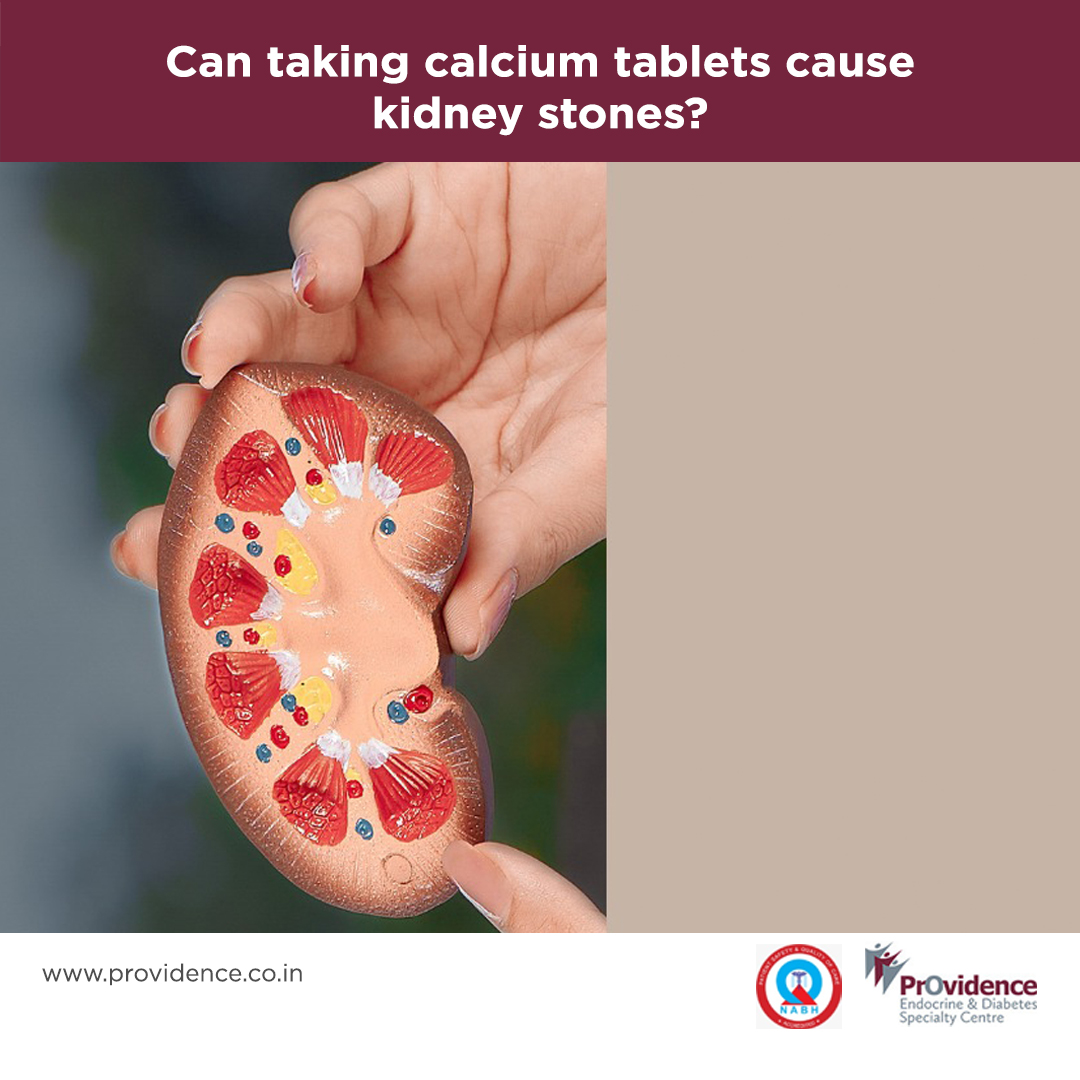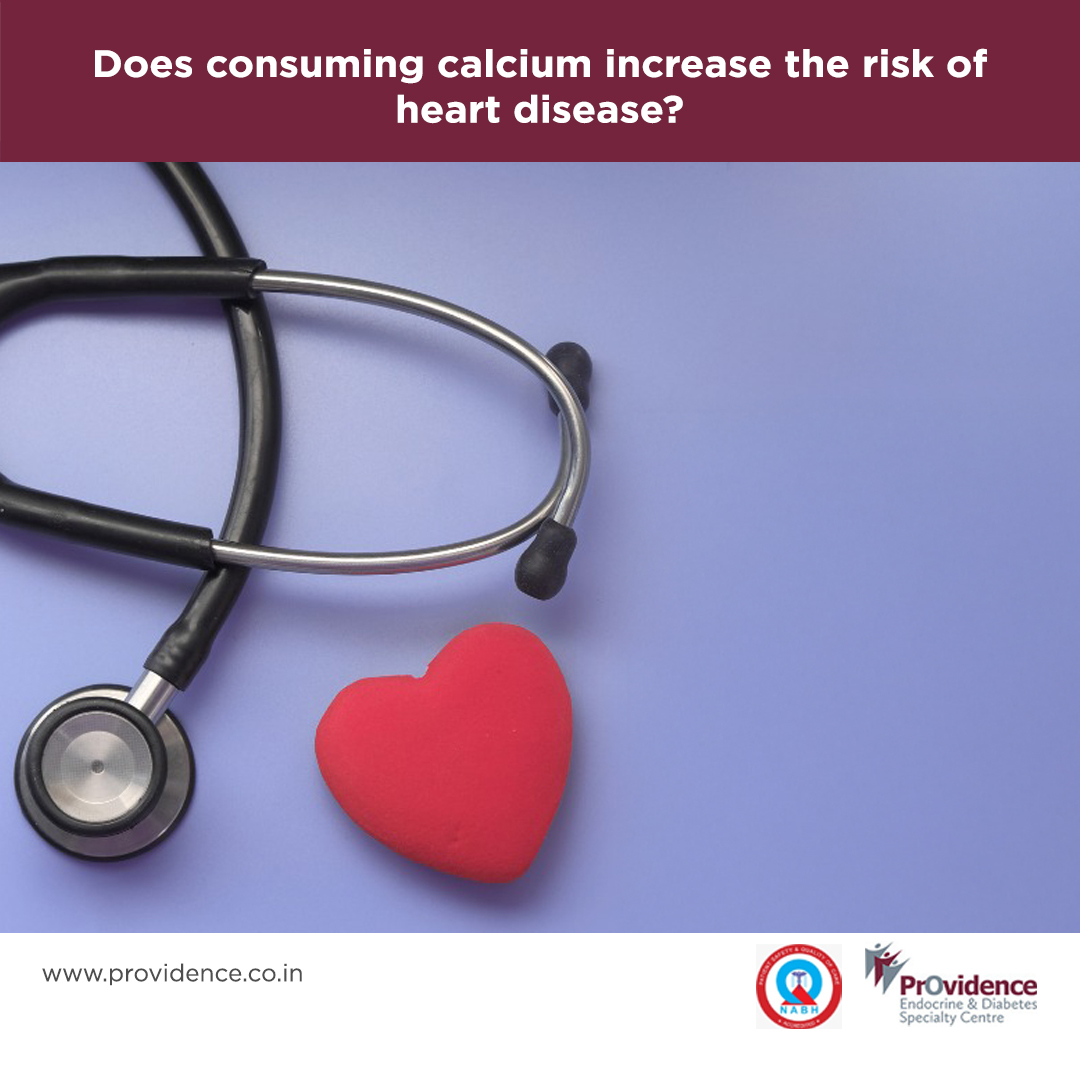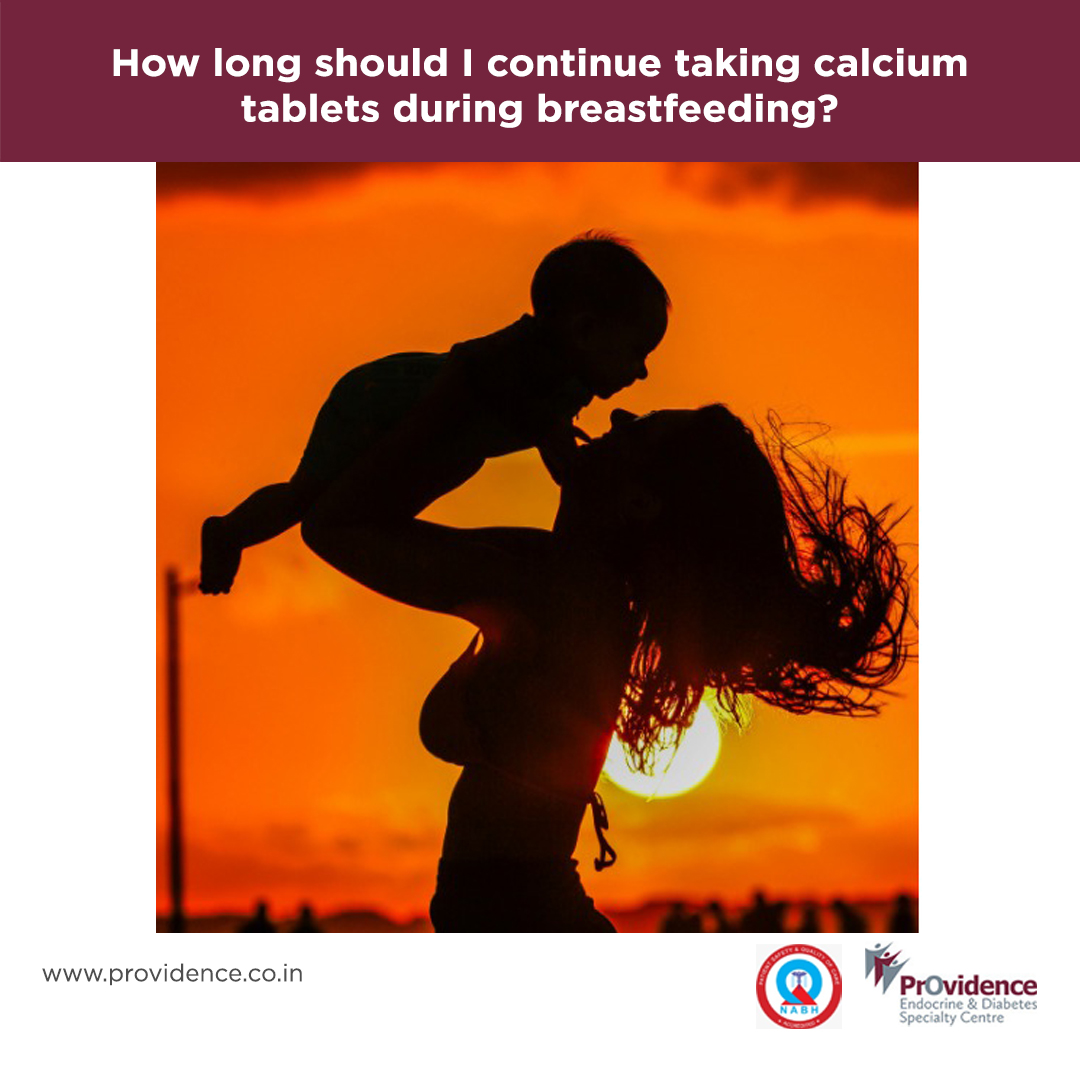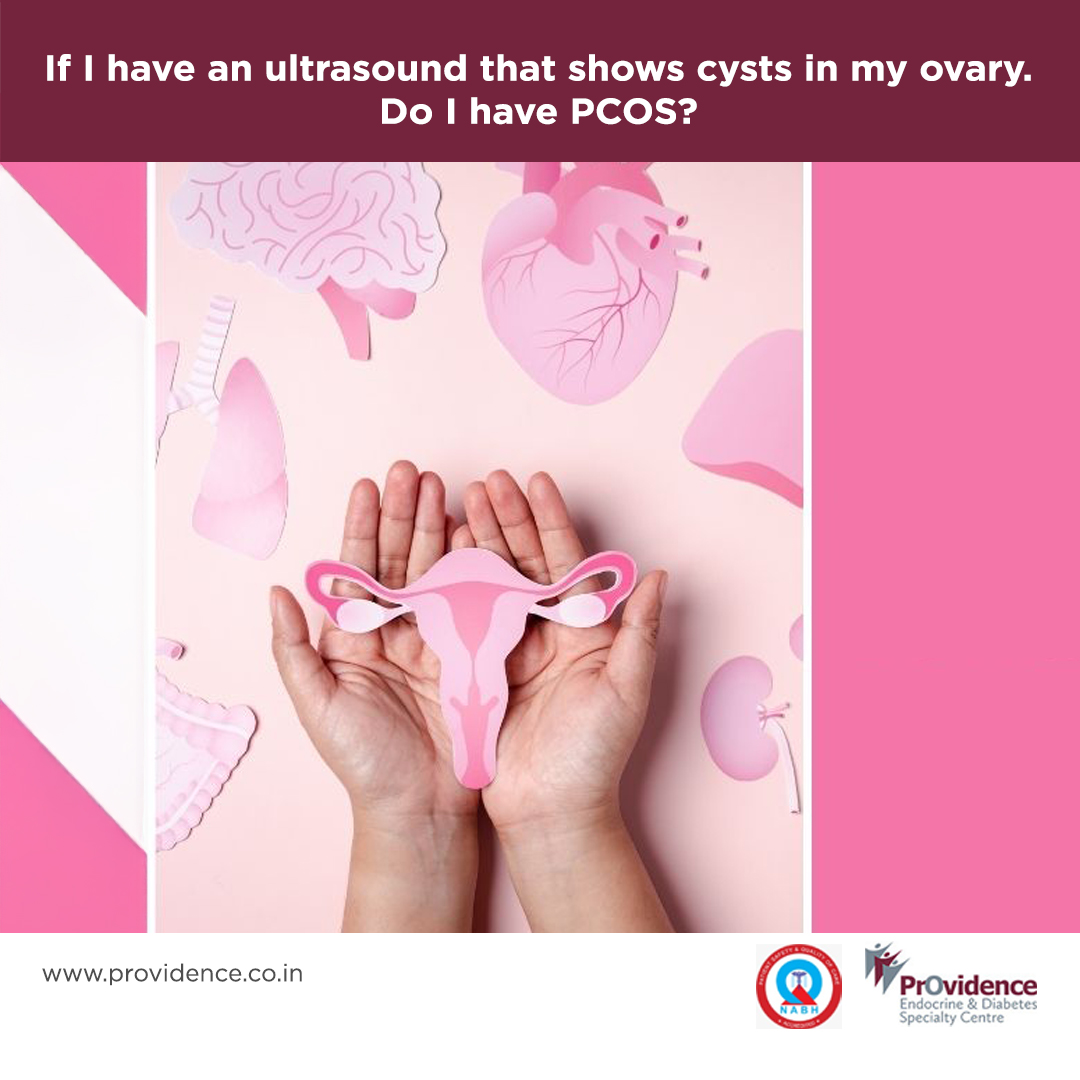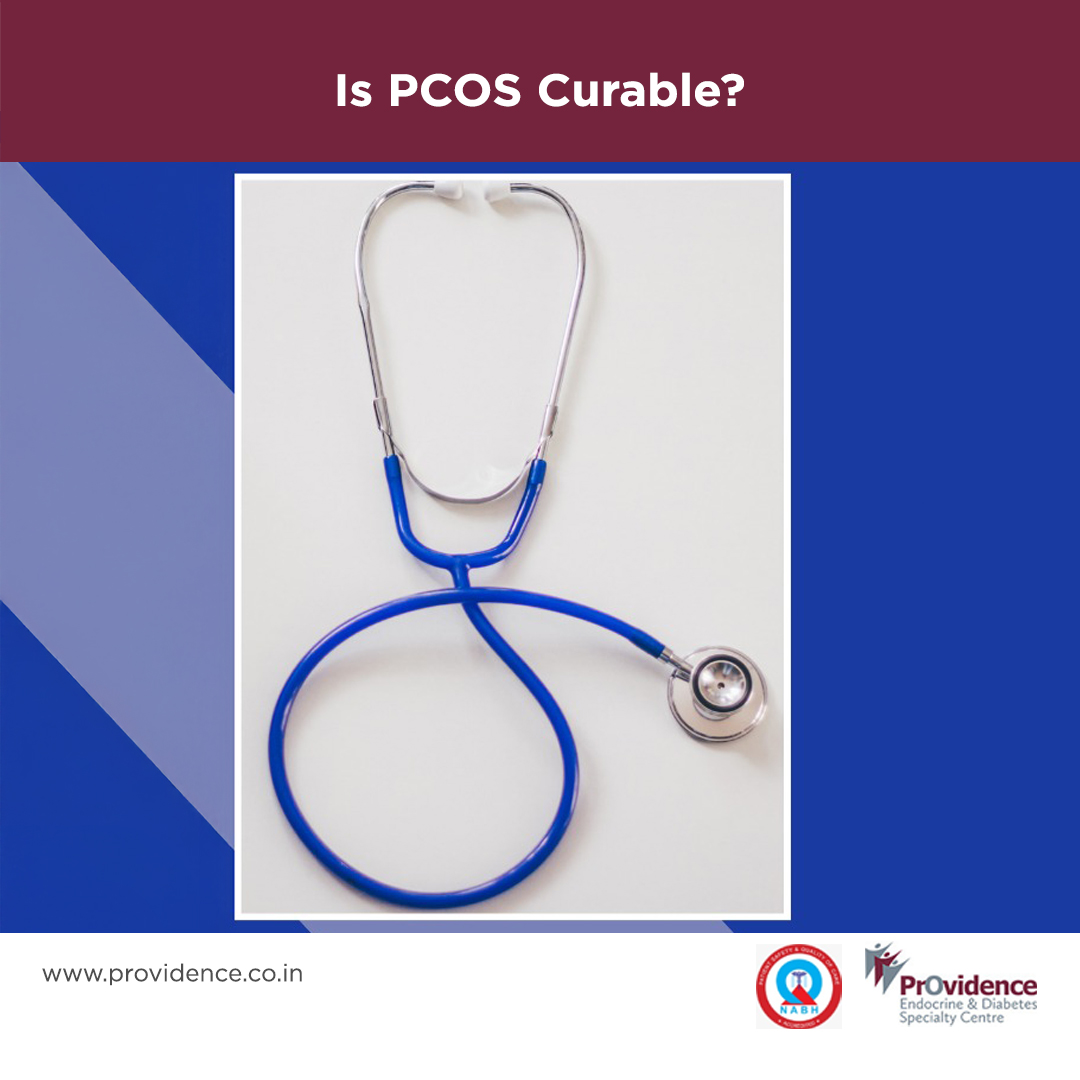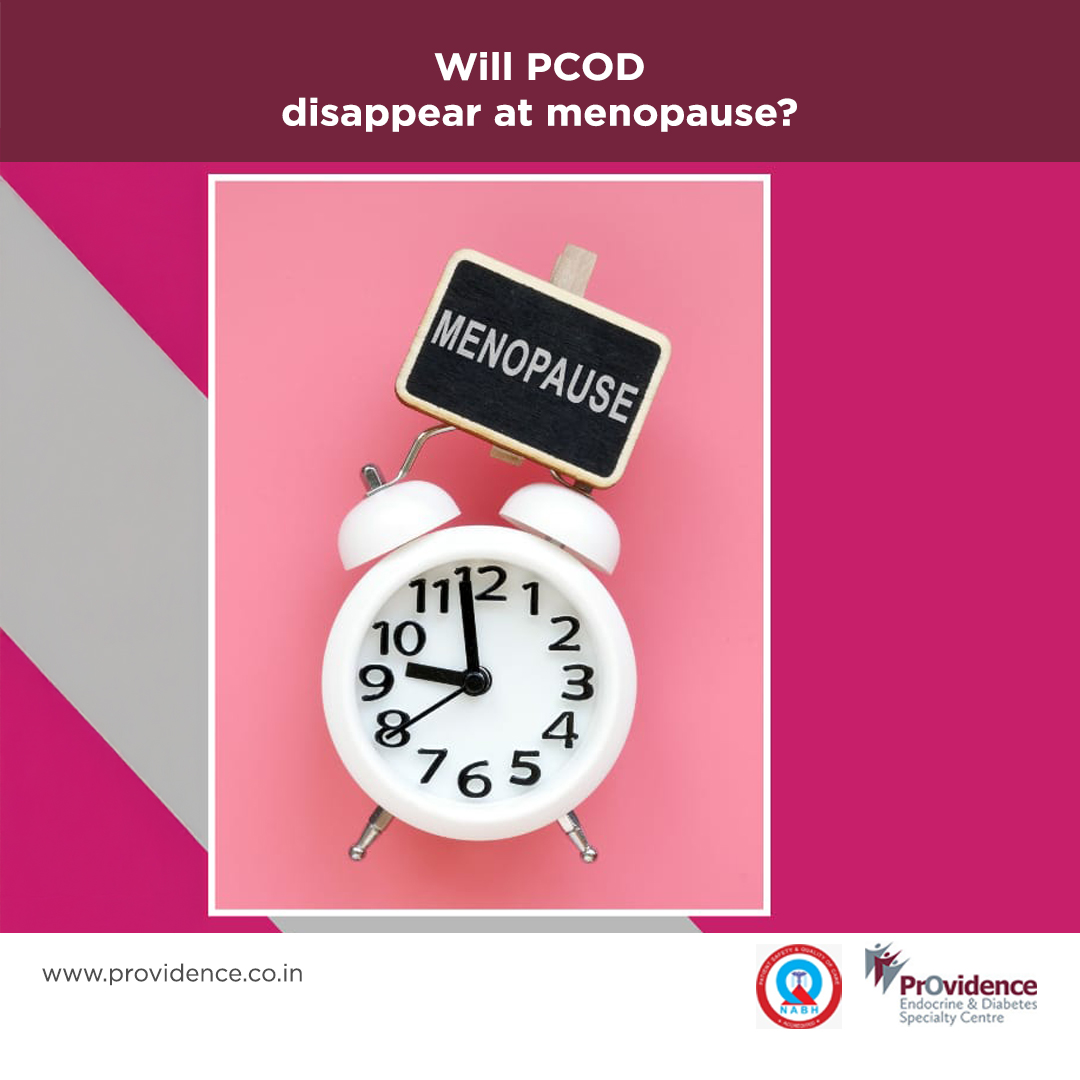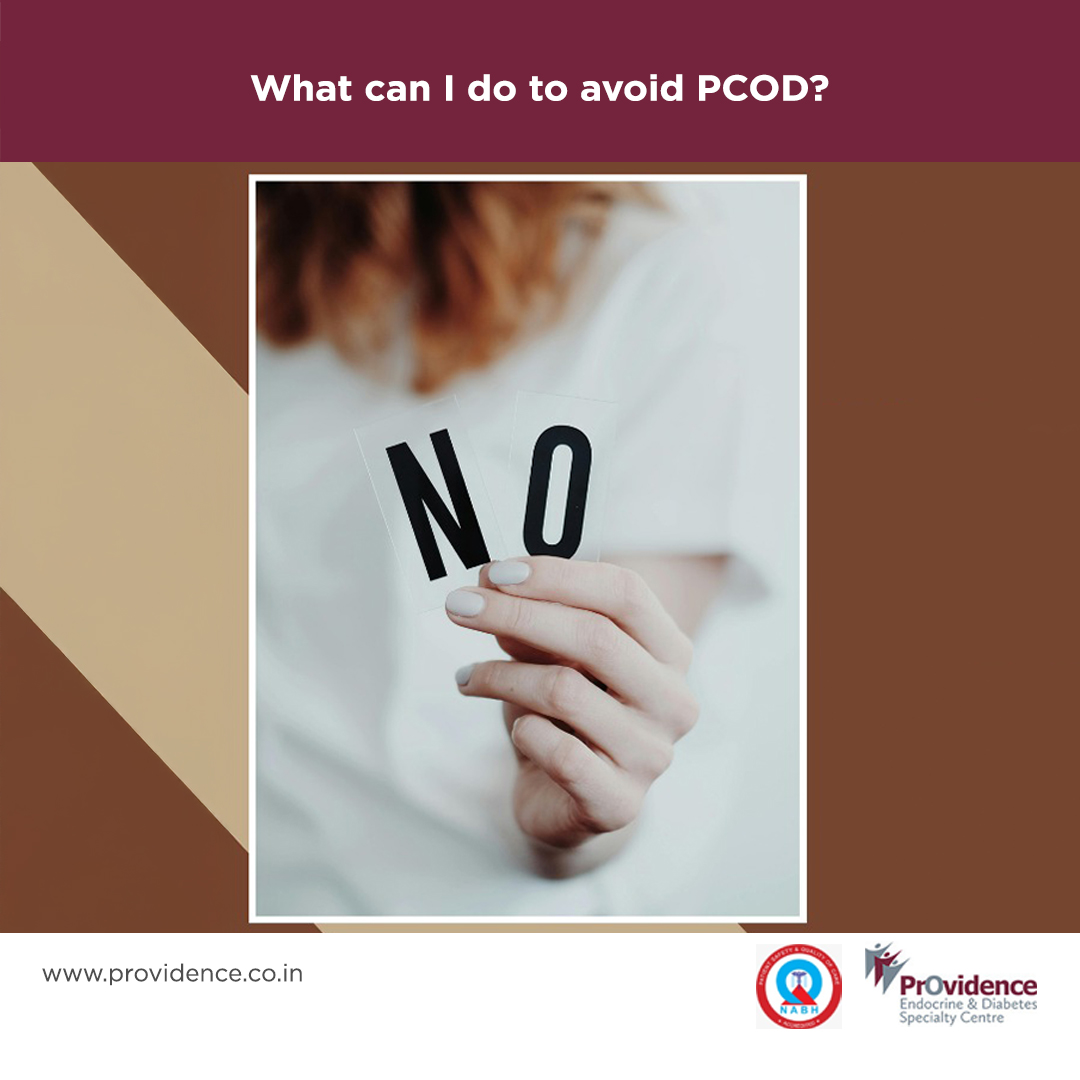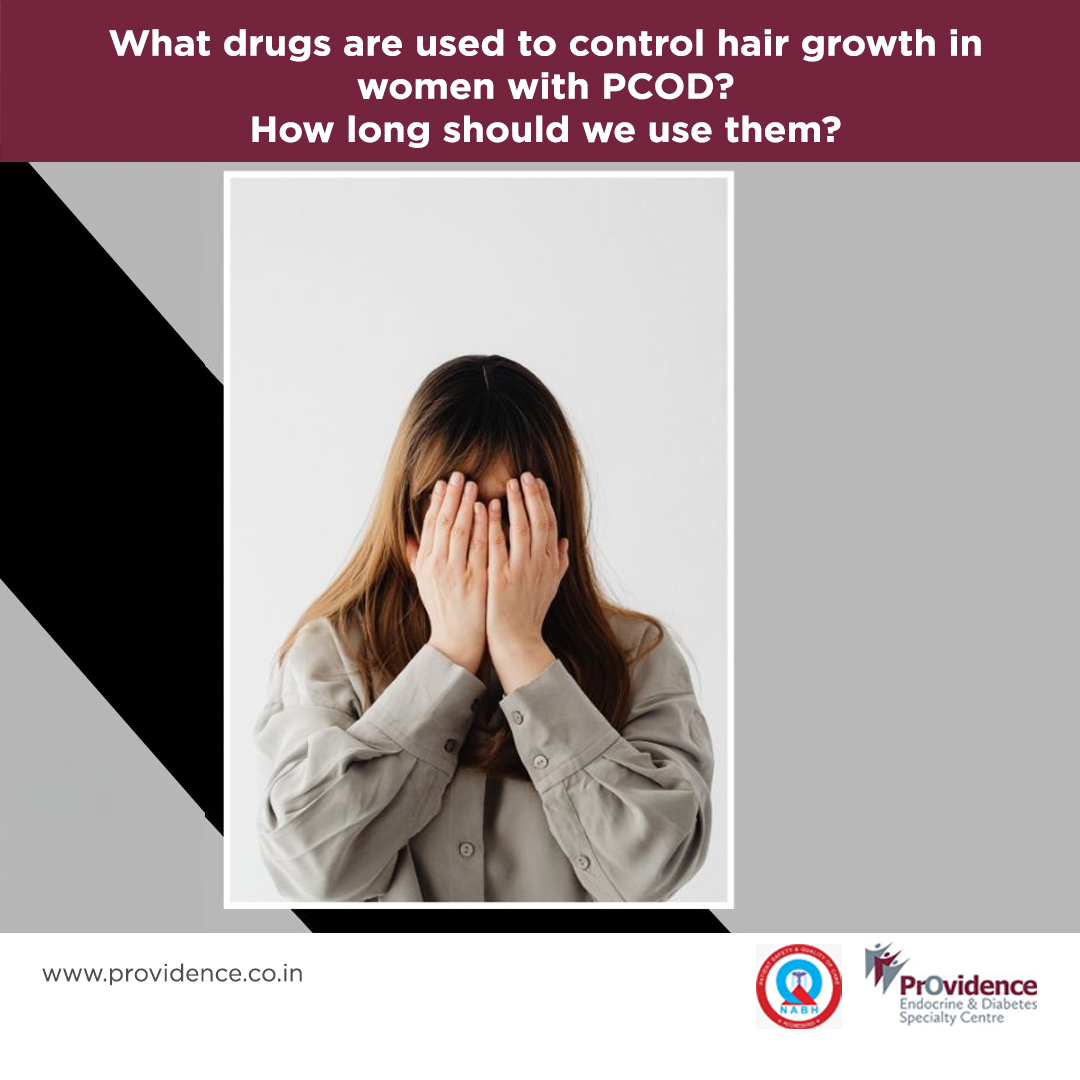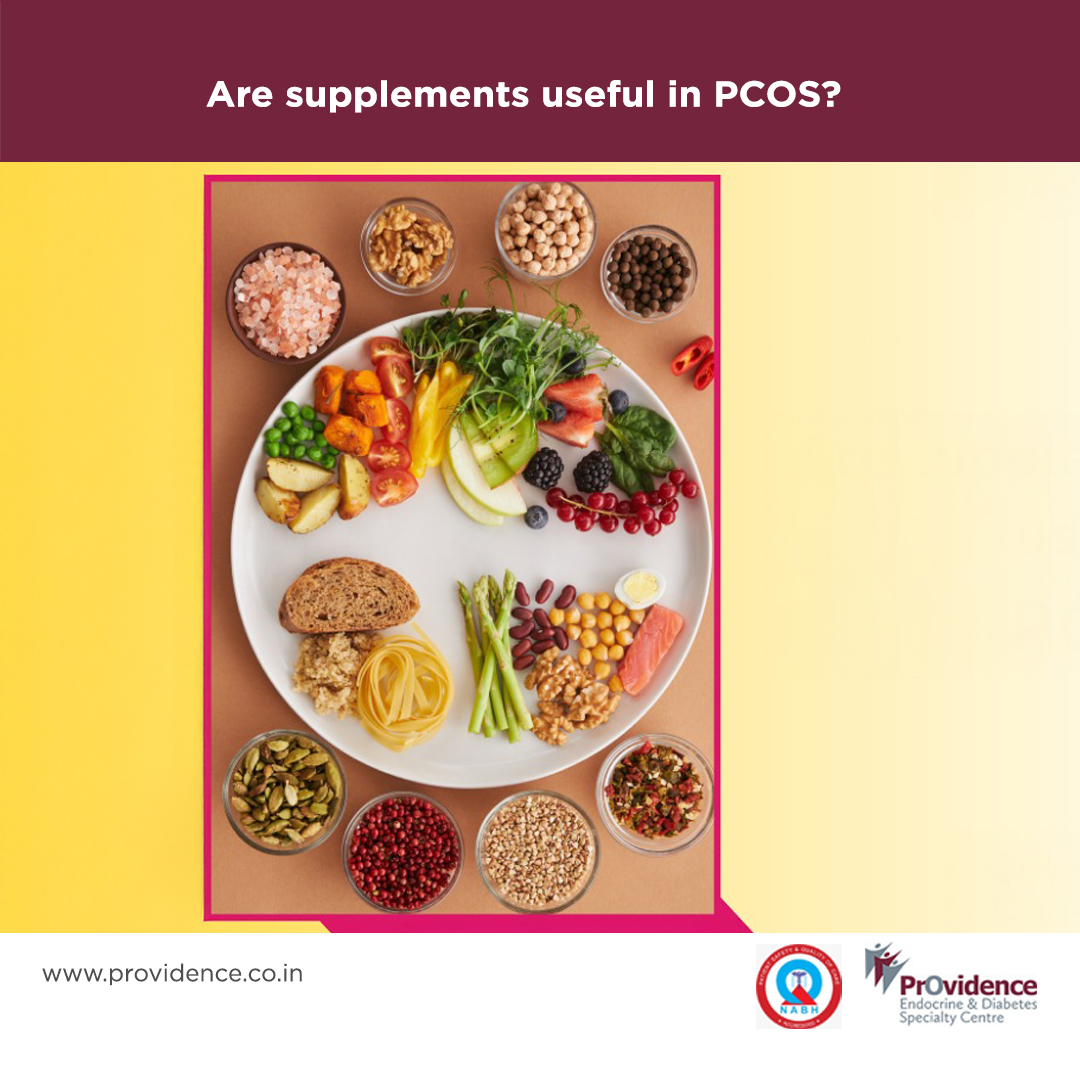Calcium supplementation does not appear to significantly increase the risk of kidney stones in most individuals. However, those with a history of recurrent kidney stones may have an elevated risk, particularly if their stones are related to increased urinary calcium excretion.
Experts advise taking calcium supplements with meals to help bind dietary oxalate and reduce the formation of calcium oxalate stones. Limiting calcium intake to avoid kidney stones is generally not recommended, as insufficient dietary calcium can contribute to stone development and negatively impact bone health. Most adults require 1,000–1,200 mg of calcium daily, preferably from food sources. Excessive intake of supplemental calcium may raise the risk of stones, so it is advised to only take supplements as recommended by a healthcare provider.
In summary, calcium plays a key role in bone health. While supplements typically do not increase kidney stone risk for most people, individuals with a history of kidney stones may face higher risks. Those with concerns about kidney stones or calcium supplementation should consult a doctor or dietitian.
Dr. Tittu Oommen, MD, DM



